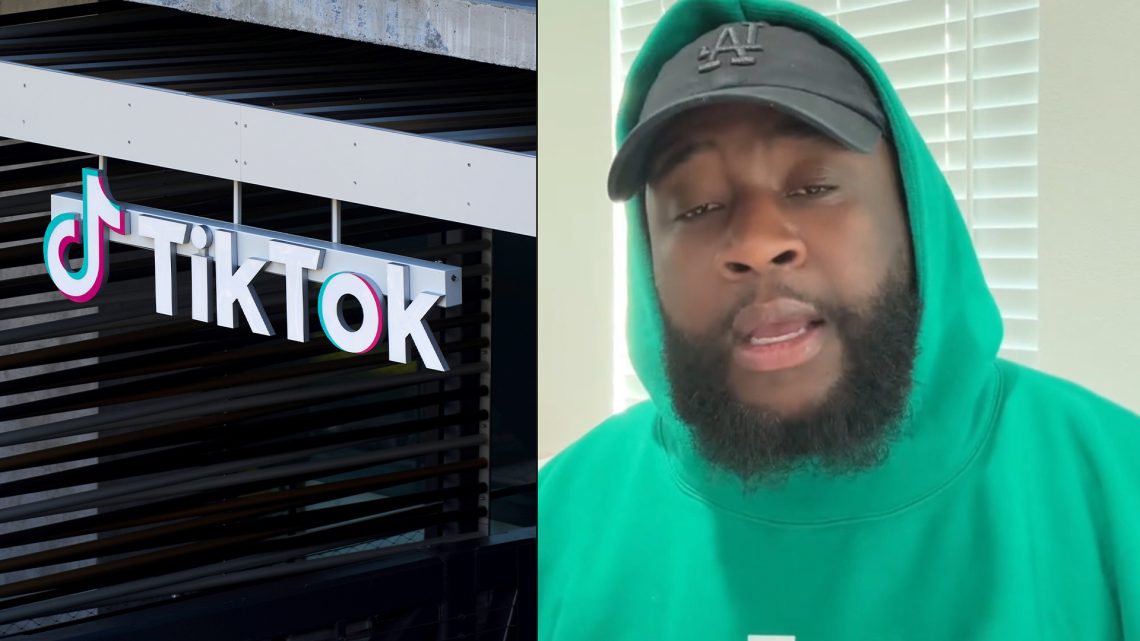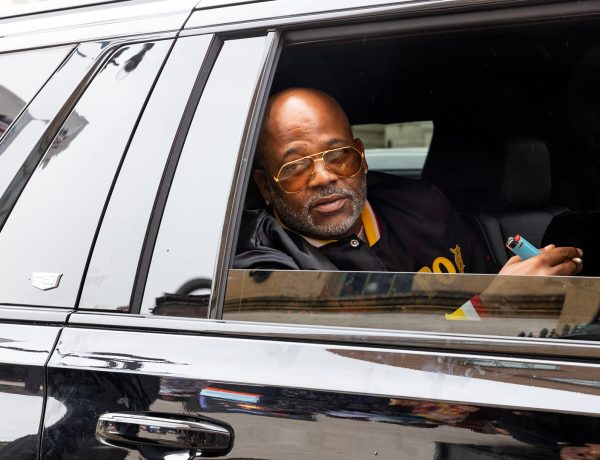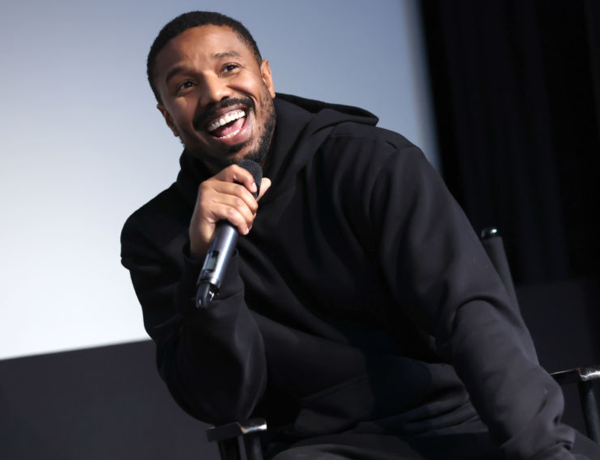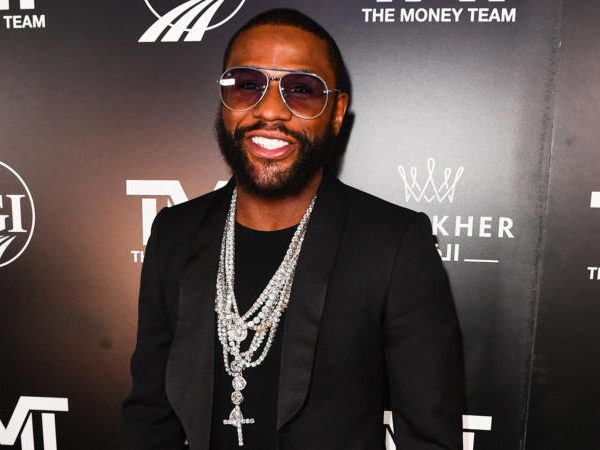Pay equity is a constant fight for Black creators, and this was a daunting reality for TikTok creator Keandre Dre Hopkins.
In February 2024, Hopkins, otherwise known as Dre in Dallas, took to the platform — which now shows he has 1.1 million followers as of this writing — to highlight Crumbl Cookie’s latest lineup, which included a purple sandwich cookie in partnership with pop star Olivia Rodrigo.
His comedic input when critiquing the cookie turned into a viral sound bite: “Olivia Rodriguez, that lil Mexican girl that be crying. Zero out of 10.” The TikTok video has garnered 19.7 million views and 2.4 million likes so far. Furthermore, the sound was later used by Rodrigo in good humor on March 6, 2024, via TikTok and racked in 50.1 million views and 6.8 million likes as of April 5, 2024.
@dreindallas @Crumbl Cookies
To no surprise, it appears Crumbl Cookie took wind of the viral video and reached out to Hopkins. In a TikTok video, he claims they were looking to purchase the viral soundbite from his video reviewing “Olivia Rodrigo’s GUTS Cookie” by offering him a PR package. The compensation did not fair well for Hopkins, and he felt disrespected by the offer.
“Crumbl Cookie, we’re looking at collectively almost 100 million views on our socials with my sound,” he said. “And I want to start off by saying, ‘H-ll no. You can’t use my sound for a PR package.’ Allegedly, wasn’t nobody buying that cookie, but when I made the video, allegedly, now that cookie doing numbers thanks to Dre and ‘Olivia Rodriguez, that lil Mexican girl that be crying.’”
He also emphasizes that his point lies not in making more money but in the principle of fair compensation.
“Now the cookie doing numbers and all the back and forth that you gonna have with my team playing around this, this, this and that. Now all of a sudden you can’t afford me,” Hopkins expressed. “What you mean you can’t afford me? Am I too expensive? Because you not paying me millions. You not paying me nothing. No. You cannot use my sound. I’m gonna take that sound down, and I’m not upset about it because my manager does an amazing job with getting me bags. He does an amazing job. So it is not about the money, it’s about the principle.”
@dreindallas @Crumbl Cookies 😉
While Hopkins addresses his grievances towards the matter via TikTok, he also says he communicated in a direct message to the company — which has an annual revenue of $1.5 billion valuation, according to Growjo — about the value of Black creators.
“Black content creators run these apps when it comes to the sound, the culture, when it comes to the dances, the music, all that. We run these apps, but thank you for truly being one of the first big companies to show me that I’m just another Black content creator who you can try to use for a PR package. I get that sh-t weekly,” explained Hopkins.
Black influencers do bring value. A 2023 report released by Nielsen shows Black influencers had more favorable outcomes in nearly every metric as it pertains to interaction rate, follower growth, and social media value in categories such as gaming, fashion, and lifestyle. In fact, they outperformed their non-Black counterparts by 10.5 times in the lifestyle category, excelled 6.7 times more in gaming and eSports, and 1.6 times more in fashion, a news release mentions.
However, despite these findings there is still a significant pay gap. In 2021, a study released by MSL, a leader in public relations, and The Influencer League showed a 29% pay gap between white influencers and those that were Black, Indigenous, and people of color (BIPOC). When considering just Black and white influencers that gap increased to 35%. Furthermore, 49% of Black creators believed race played a factor in their market value.
To combat and change this narrative over time, 92% of influencers see pay transparency as a viable solution.
“If I could solve one thing in this industry that hurts BIPOC influencers, it would be pay transparency,” said Brittany Bright of The Influencer League, in a news release. “The absence of a pay standard disadvantages BIPOC influencers at every turn.”
This is why it matters when influencers, such as Dre, speak out about feeling lowballed and advocate for their worth. However this won’t be an end-all solution as 59% of creators believe they experience negative implications financially when speaking out about the pay difference in comparison to white creators.
As influencer marketing continues to grow, information will need to be made available to support them in receiving pay equal to their value, while also holding companies accountable to a fair practice, not contingent on race but metrics. MSL executives state they are working to create an Influencer Pay Index that will be useful to track and determine influencer payments, with the goal that the industry will follow suit and adopt similar practices.
“Issues of systematic injustice have plagued Influencer marketing for years — and been largely ignored for far too long,” Diana Littman, CEO of MSL U.S., said in a news release. “Our research shines a spotlight on the present state of influencer marketing and charts the path forward for both the agency and our industry. Using MSL’s Fluency, the most advanced influencer management platform in the world, we will drive this change as it is our responsibility and obligation to create a data backed standard of fairness, propel equity and close the pay gap.”





